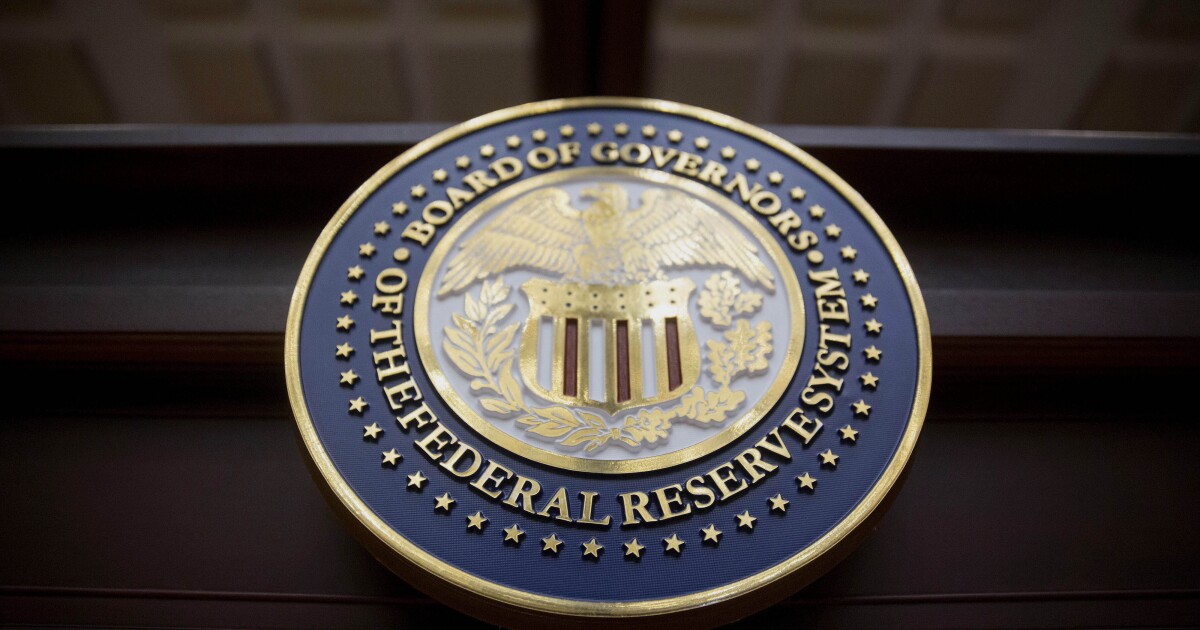27 November 2023
The Financial Stability Board (FSB) today published the 2023 list of global systemically important banks (G-SIBs) using end-2022 data and applying the assessment methodology designed by the Basel Committee on Banking Supervision (BCBS).
One bank (Bank of Communications (BoCom)) has been added to the list of G-SIBs that were identified in 2022, and two banks (Credit Suisse and UniCredit) have been removed. The overall number of G-SIBs therefore decreases from 30 to 29.
FSB member authorities apply the following requirements to G-SIBs:
- Higher capital buffer: The G-SIBs are allocated to buckets corresponding to higher capital buffers that they are required to hold by national authorities in accordance with international standards. Compared with the list published in 2022, three banks have moved to a higher bucket: Agricultural Bank of China, China Construction Bank and UBS have moved from bucket 1 to bucket 2.
- Total Loss-Absorbing Capacity (TLAC): G-SIBs are required to meet the TLAC standard, alongside the regulatory capital requirements set out in the Basel III framework.
- Resolvability: These requirements include group-wide resolution planning and regular resolvability assessments. The resolvability of each G-SIB is reviewed in the FSB Resolvability Assessment Process (RAP) by senior regulators within the firms’ Crisis Management Groups.
- Higher supervisory expectations: These include supervisory expectations for risk management functions, risk data aggregation capabilities, risk governance and internal controls.
The BCBS today published material related to the identification of G-SIBs, including including updated denominators used to calculate banks’ scores; the thresholds used to allocate the banks to buckets; and the values of the thirteen high-level indicators of all banks in the main sample used in the G-SIB scoring exercise. The BCBS also provides the links to the public disclosures of all banks in the full sample of banks assessed.
A new list of G-SIBs will next be published in November 2024.

FSB publishes 2023 G-SIB list
The 2023 list of global systemically important banks comprises 29 banks, one less than the 2022 list.
www.fsb.org
Credit Suisse removed because they were absorbed by UBS (which now requires a higher capital buffer).
...
The Basel Committee on Banking Supervision today published further information related to its 2023 assessment of global systemically important banks (G-SIBs), with additional details to help understand the scoring methodology.
The publication accompanies the Financial Stability Board's release of the updated list of G-SIBs and includes:
- The denominators of the high-level indicators used to calculate banks' scores.
- The high-level indicators for each bank in the sample used to calculate these denominators.
- The cut-off score used to identify the G-SIBs in the updated list and the thresholds used to allocate G-SIBs to buckets for the purpose of calculating the higher loss-absorbency requirements.
The Committee's methodology assesses the systemic importance of global banks using indicators calculated from data for the previous fiscal year-end (2022) supplied by banks and validated by national authorities. The final scores are mapped to corresponding buckets that determine the higher loss-absorbency requirement for each G-SIB.

Basel Committee publishes more details on global systemically important banks
Basel Committee provides additional information regarding the 2023 G-SIB assessment. Further details include global denominators and individual bank indicators. The release accompanies the Financial Stability Board's updated G-SIB list.




